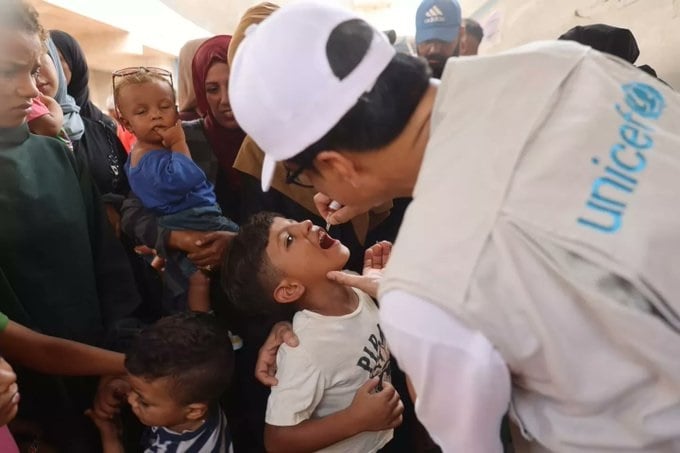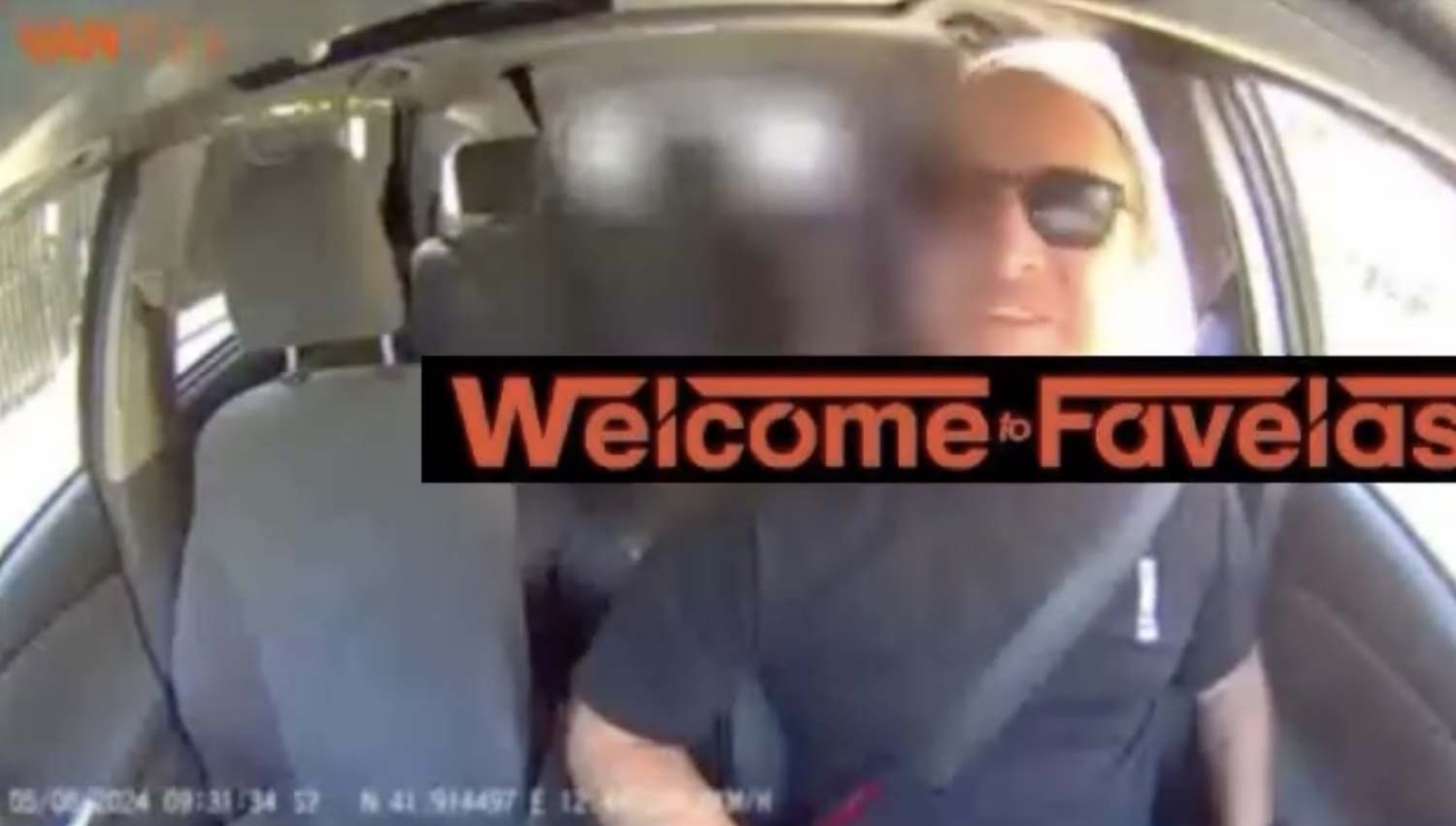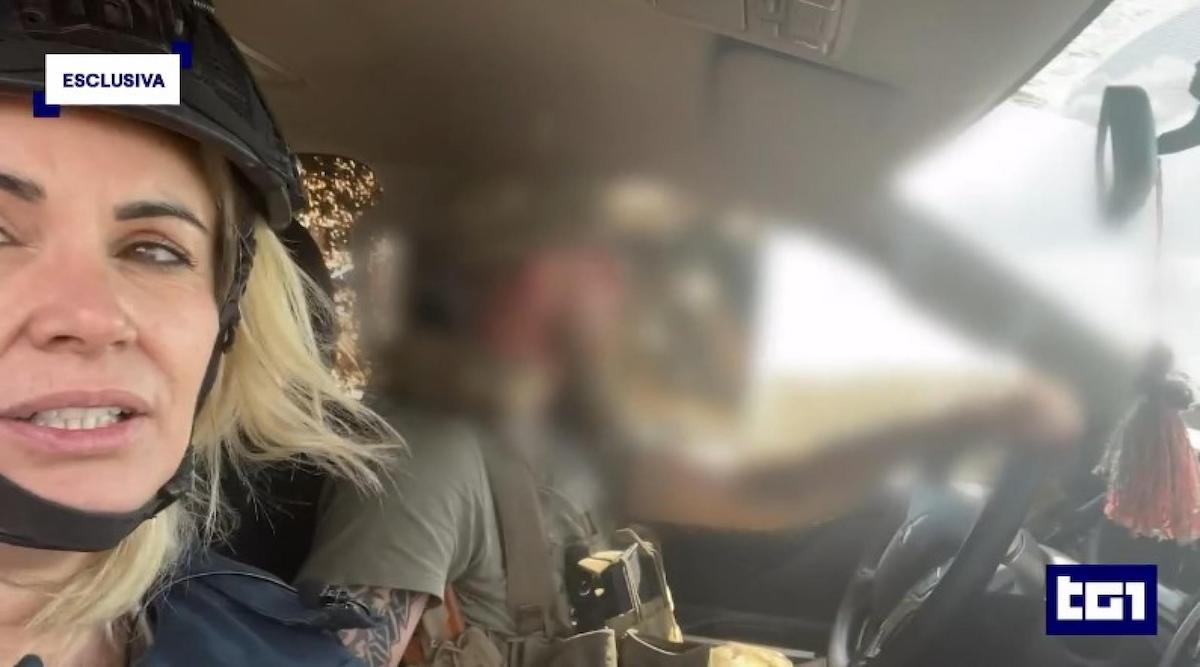In the Israeli-Palestinian conflict On August 30, a humanitarian truce was agreed to allow the first polio vaccination campaign in Gaza. Israeli authorities agreed to a suspension of fighting in the Gaza Strip.
September began with positive news in the Israeli-Palestinian conflict: the deal authorizing vaccinations included a series of three-day pauses in the fighting for each phase. The vaccination campaign began on September 1 and ended on the 12th.
You too can rediscover the pleasure of staying informed!
Your support helps protect our independence so we can continue to produce quality journalism that is open to all.
Support us
How the vaccination campaign went despite the Israeli-Palestinian conflict
The vaccination campaign, divided into three phases, covered the entire Gaza Strip from north to south. WHO provided technical guidance and ensured international standards for the vaccines administered. UNICEF played the role of operational and logistical coordinationinvolving certain local and international organizations present in the territory.
The United Nations Children's Fund (UNICEF) has also agreed with Israel and Hamas humanitarian pause of nine hours per day for the safety of communities and health workersHundreds of mobile and fixed health teams worked to reach every child, even in the most remote areas.
The campaign started with 473 health teams including 230 mobile units and 143 fixed units vaccination campaign in the central area of Gaza. It then moved to the southern area with 91 fixed health facilities integrated by mobile teams. Finally, the action ended in the north of the Gaza Strip, reaching children in particular thanks to mobile health teams.
The goal was to vaccinate as many children as possible as quickly as possible. According to UNICEF data Nearly 560,000 children under the age of ten were vaccinated in the first cycle.
Humanitarian pauses in Israeli-Palestinian vaccine conflict allow entry of international NGOs
Before the vaccination campaign Permits for humanitarian missions to the Gaza Strip have been granted slowly by Israeli authorities. Only those who were already present in the Gaza Strip such as Caritas (pastoral body of the Italian Episcopal Conference) were tolerated. Also because he never left Gaza even after October 7, 2023. In fact, he was able to actively participate in the vaccination campaign with 14 teams of doctors active in the two Caritas health centers in Gaza.city.
After months of waiting to obtain the humanitarian permit, The emergency entered Gaza on August 27 with the legal framework of theWHOThe goal of Urgence is to provide basic health care to the Palestinian population.
Emergency project: opening a clinic in Gaza
Emergency team enters Gaza to open clinic which will provide first aid, stabilization of medical-surgical emergencies and transfer to hospital structures, as well as basic medical-surgical assistance for adults and children. Stefano Sozza, the head of the emergency mission in Gaza, said that “The living conditions of the population are unsustainable, an immediate ceasefire is necessary, also to allow the entry of humanitarian aid. The population of Gaza cannot continue to live in these inhumane conditions.“.
The importance of achieving a ceasefire
After completing the first round, international organizations are preparing for the second round of vaccination which will take place in October. The ceasefire is even more necessary and indispensable why how he declared Dr Richard Peeperkorn, WHO Representative for the Occupied Palestinian Territories: “It is hoped that these pauses will be reconfirmed by the parties also for the second cycle, because this campaign has clearly shown the world what is possible when peace is given a chance.“.
UNICEF staff have decided to remain in Gaza to continue providing support to children in need and the Palestinian people. On 19 September, UNICEF Deputy Executive Director Ted Chaiban, at the end of his mission to Israel, the West Bank and Gaza, recalled how the conclusion of the first round of the vaccination campaign demonstrated to the world that when everyone aligns, it is possible to provide essential help to the children and people of Gaza.
Ceasefire needed to address children's urgent needs, water and food distribution. There is a need to create more entry points into Gaza and all measures must be taken to restore law and order and improve the security of all, including humanitarian workers.
Ted Chaiban ends his statement by asking that: “The continued destruction of Gaza and the escalation of violence in the West Bank will not bring peace or security to the region. This can only be achieved with a negotiated political solution that prioritizes the rights and well-being of this and future generations of children Israelis and Palestinians“.
The eye of international organisations and civil society must remain focused on the Gaza Strip monitor and pressure for a negotiated solution to be found as soon as possible.


